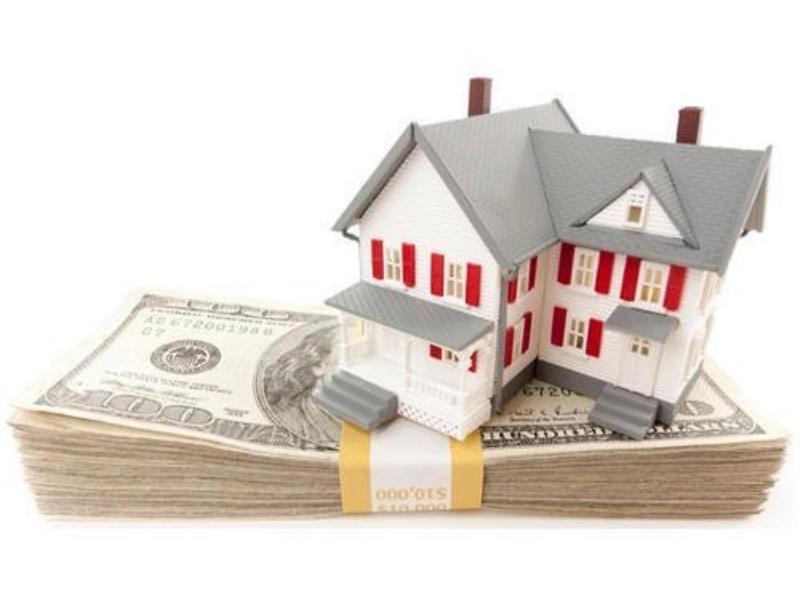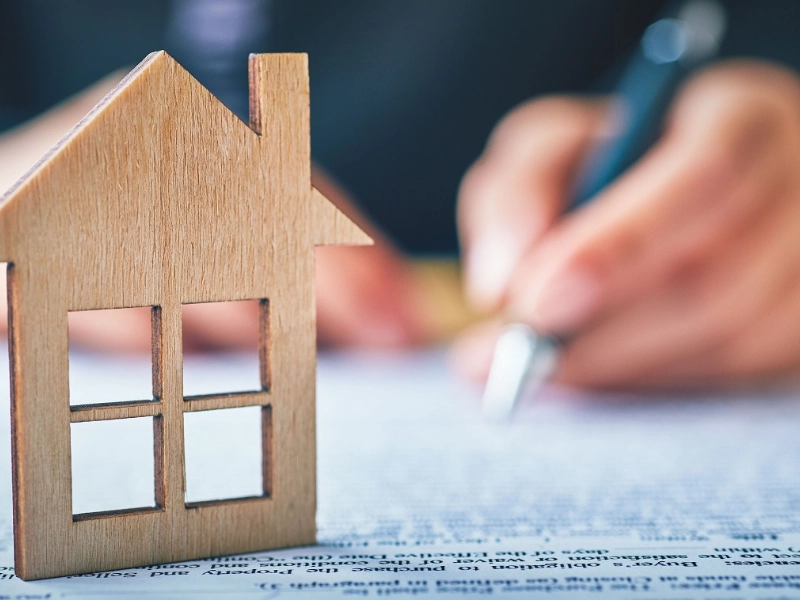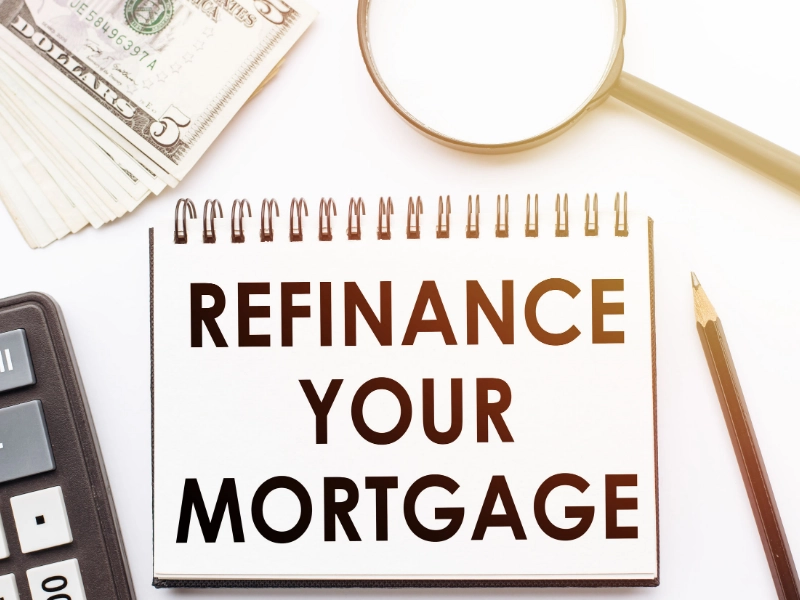A 20% down payment on the purchase price of the home is the recommended amount. A larger down payment helps you avoid paying PMI, which often involves one-time and yearly penalties, and shows lenders that you are a stable borrower. Thankfully, lower down payments are permitted for many home lending programmes. This post will discuss low-down payment choices, such as FHA, conventional 97, and Fannie Mae's HomeReady.

 For those with bad credit or those buying their first home, FHA loans are a fantastic choice. Compared to traditional mortgages, they feature more flexible credit and down payment requirements, making them easier to qualify for. They also provide special refinance options and reasonable interest rates.
It's crucial to remember that FHA loans have maximum loan limits, which can restrict the things you can purchase. Additionally, you can only use them to purchase a single-family home that you intend to live in, as they are restricted to primary residences.
An annual mortgage insurance premium is imposed on borrowers and is determined by the loan's term, loan-to-value ratio, credit score, and down payment size. Furthermore, a debt-to-income (DTI) ratio of 43% or less is required by FHA lenders. Fortunately, by incorporating loan payments from family members into the application, debtors may frequently get around this rule. They may also decide to use a gift from a friend or relative to cover the down payment.
For those with bad credit or those buying their first home, FHA loans are a fantastic choice. Compared to traditional mortgages, they feature more flexible credit and down payment requirements, making them easier to qualify for. They also provide special refinance options and reasonable interest rates.
It's crucial to remember that FHA loans have maximum loan limits, which can restrict the things you can purchase. Additionally, you can only use them to purchase a single-family home that you intend to live in, as they are restricted to primary residences.
An annual mortgage insurance premium is imposed on borrowers and is determined by the loan's term, loan-to-value ratio, credit score, and down payment size. Furthermore, a debt-to-income (DTI) ratio of 43% or less is required by FHA lenders. Fortunately, by incorporating loan payments from family members into the application, debtors may frequently get around this rule. They may also decide to use a gift from a friend or relative to cover the down payment.
 If you meet the requirements and have a credit score higher than 620, you might want to consider getting a conventional mortgage loan. Conventional loans typically require a 20% down payment; however, first-time homebuyer programmes can help you purchase a property with less money down and pay less in PMI.
Compared to government-sponsored loans like FHA and USDA, conventional mortgages are guaranteed by private lenders and have stricter credit and debt-to-income standards. Before qualifying you for a traditional loan, lenders may also look at your debt-to-income ratio (DTI). Therefore, taking out personal loans to cover your down payment could have a negative impact on your DTI and make it more difficult to get approved.
A larger down payment can save you money on monthly housing expenses, keep you out of PMI, and hasten the process of building equity. A larger down payment can also help you qualify for a mortgage more easily by demonstrating your commitment to the purchase and strengthening your financial stability.
If you meet the requirements and have a credit score higher than 620, you might want to consider getting a conventional mortgage loan. Conventional loans typically require a 20% down payment; however, first-time homebuyer programmes can help you purchase a property with less money down and pay less in PMI.
Compared to government-sponsored loans like FHA and USDA, conventional mortgages are guaranteed by private lenders and have stricter credit and debt-to-income standards. Before qualifying you for a traditional loan, lenders may also look at your debt-to-income ratio (DTI). Therefore, taking out personal loans to cover your down payment could have a negative impact on your DTI and make it more difficult to get approved.
A larger down payment can save you money on monthly housing expenses, keep you out of PMI, and hasten the process of building equity. A larger down payment can also help you qualify for a mortgage more easily by demonstrating your commitment to the purchase and strengthening your financial stability.
 First-time homebuyers have the option to purchase a property with no down payment by using a zero-down mortgage. Since these loans are usually backed by the government, lenders take on less risk when making them. In comparison to traditional mortgages, they usually offer greater flexibility with regard to income and credit score restrictions.
Even though a zero-down loan might make homeownership more affordable, it's crucial to think about the long-term financial effects of making this decision. A lender should outline all terms and costs in straightforward language and explain how taking out a zero-down loan will affect your budget.
Zero-down mortgages are available from many traditional lenders, but you should also inquire with neighbourhood banks and credit unions. These organisations can offer individualised care and frequently have reduced overhead. Furthermore, they frequently provide rates that are more affordable than those of bigger national lenders. Additionally, they might offer programmes designed with particular populations in mind, including those in the military or rural areas.
First-time homebuyers have the option to purchase a property with no down payment by using a zero-down mortgage. Since these loans are usually backed by the government, lenders take on less risk when making them. In comparison to traditional mortgages, they usually offer greater flexibility with regard to income and credit score restrictions.
Even though a zero-down loan might make homeownership more affordable, it's crucial to think about the long-term financial effects of making this decision. A lender should outline all terms and costs in straightforward language and explain how taking out a zero-down loan will affect your budget.
Zero-down mortgages are available from many traditional lenders, but you should also inquire with neighbourhood banks and credit unions. These organisations can offer individualised care and frequently have reduced overhead. Furthermore, they frequently provide rates that are more affordable than those of bigger national lenders. Additionally, they might offer programmes designed with particular populations in mind, including those in the military or rural areas.